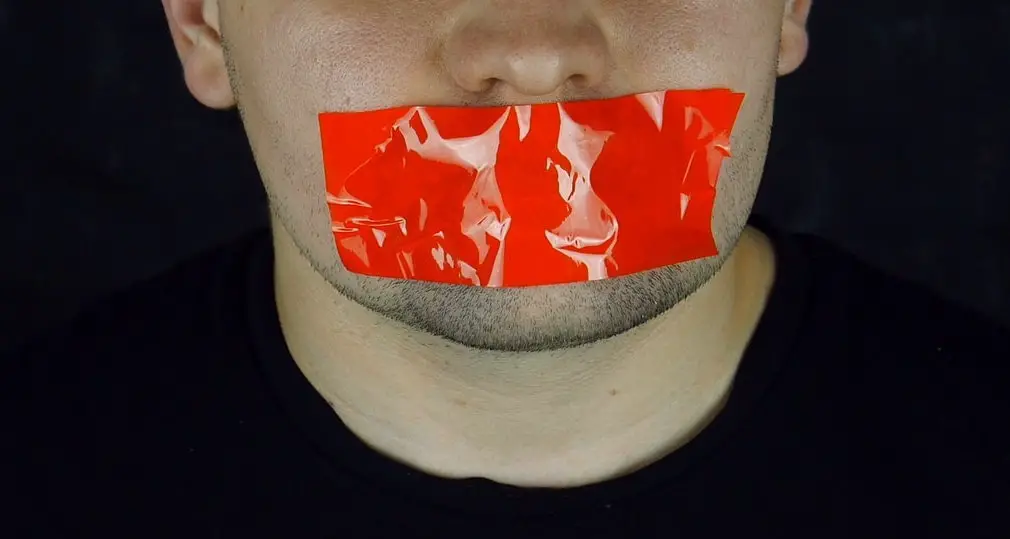After a university professor was fired for using a racial slur in a lecture, groups advocating academic freedom of expression have demanded his reinstatement.
Duquesne University Professor Gary Shank, who has taught at the Pittsburgh-based private Catholic university since 1997, was informed on October 7 that he was “terminated due to serious misconduct” in a letter signed by the school’s provost.
This happened after he mentioned the N-word and even encouraged his students to use the word for “pedagogical reasons” in their Educational Psychology 1: Child and Adolescent Development class on September 9.
The class was held via Zoom that one of the students recorded. A snippet of the video where Shank used the word was then posted on Twitter, where it garnered thousands of views.
— Marc Jr™ (@_marcjr) September 11, 2020
‘Hostile Learning Environment’
Duquesne’s Interim Dean of the School of Education Gretchen Generett, a Black woman herself, previously placed Professor Shank on paid leave after she was informed about the incident. Generett also wrote an apology to the students for their experience.
In the apology, she thanked the students for sharing the “troubling and disturbing language” used by the professor. “To be clear, I believe that there is never a time, pedagogically or otherwise, for a professor to create a hostile learning environment,” Generett wrote.
Generett contends that using the racial slur will disrupt the students’ learning and therefore is not permissible regardless of intentions. She ended by saying the university takes the matter seriously and reiterated the school’s intention to create an inclusive environment.
Professor Shank has been on paid leave from September 11 until he received his termination letter this Wednesday.
Academic Freedom Under Fire?
The Philadelphia-based Foundation for Individual Rights in Education (FIRE) has disputed the university’s action. While Shank was still on leave, FIRE wrote a letter to Duquesne University President Ken Gormley.
In the letter, FIRE pointed out that Shank’s discourse as a professor in a classroom should be protected by academic freedom. Professors should be allowed to engage in difficult material “without fear of discipline,” unless they are harassing their students. FIRE cited incidents where faculty members had mentioned offensive words to illustrate the point.
The letter demanded that the student cease any investigation or punishment against Professor Shank.
Prior to Shank’s termination, FIRE also wrote a letter to Assistant Secretary Robert I. King of the Department of Education regarding Duquesne University’s “misrepresentation” when the school claimed that they are committed to upholding freedom of expression, citing Shank’s case as the latest example.
The American Association for University Professors also expressed support for Shank.
Context of the Class
FIRE noted that it was clear from the first video that Shank was using the N-word as an example of a vernacular that cannot be used anymore.
In the first video uploaded to Twitter, Shank was quoted: “I’m giving you permission to use the word, OK? Because we’re using the word in a pedagogical sense. What’s the one word about race that we’re not allowed to use?”
The students did not respond, so he proceeded to mention it. However, he reiterated that he is “not using it any way other than to demonstrate a point.”



